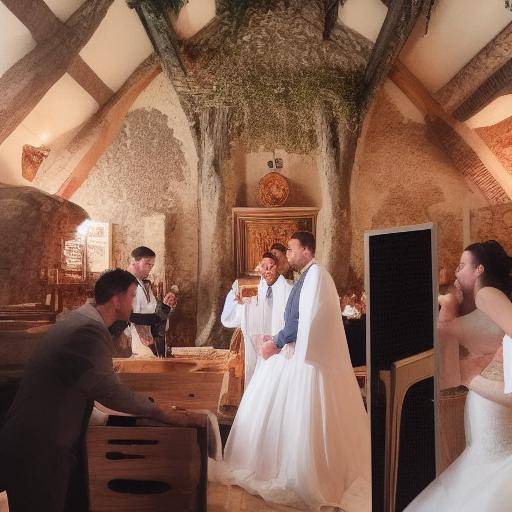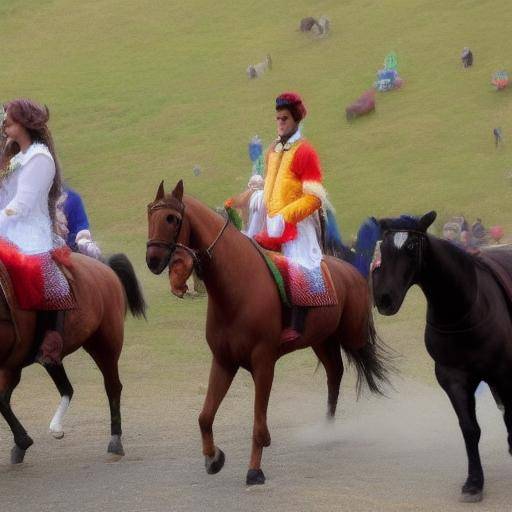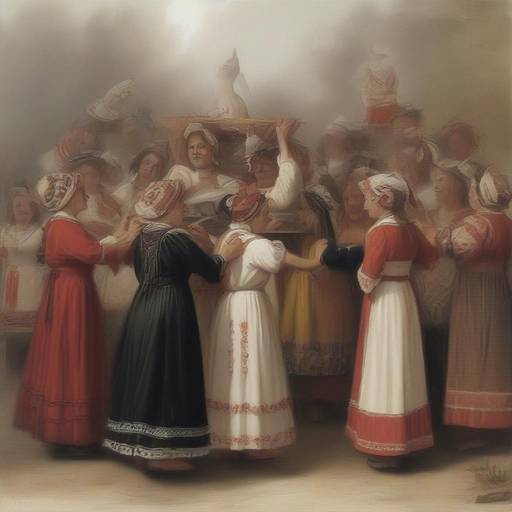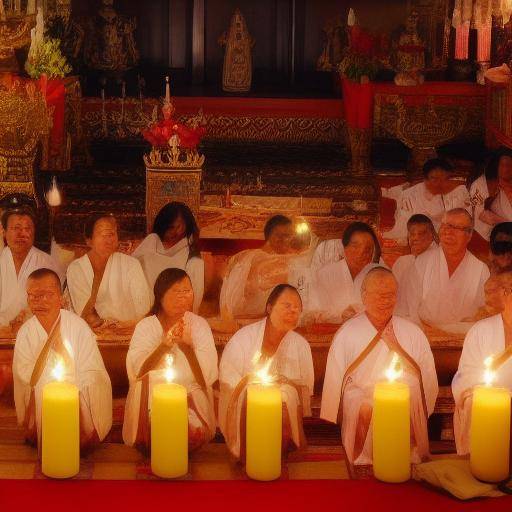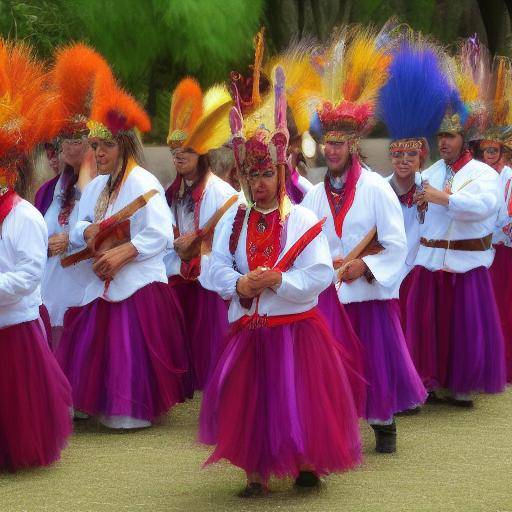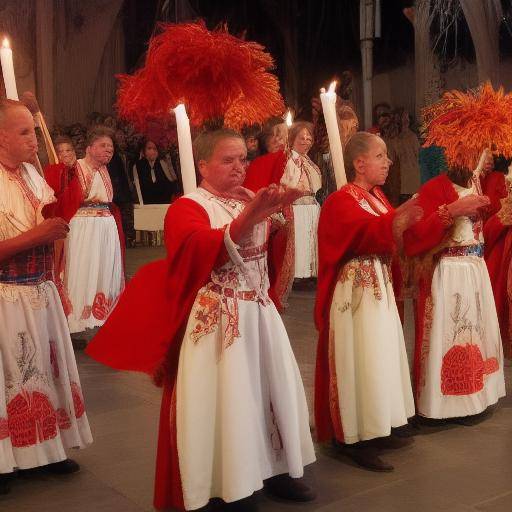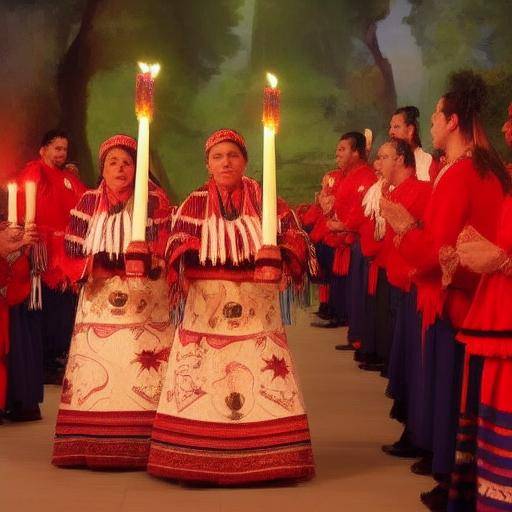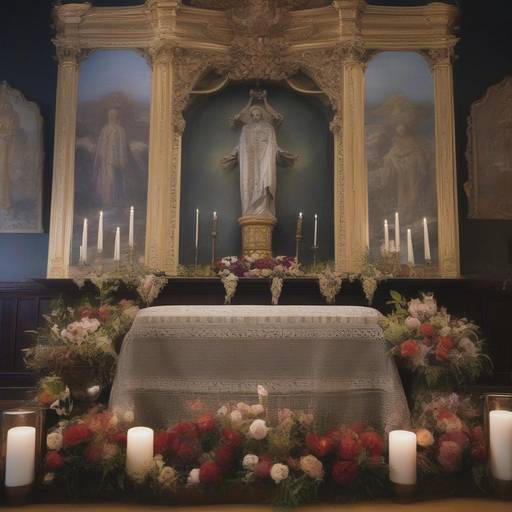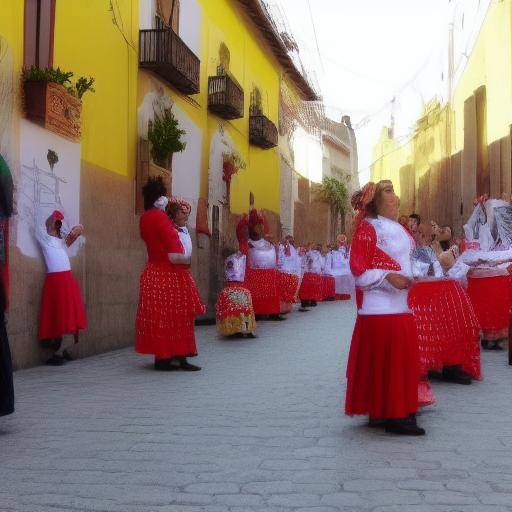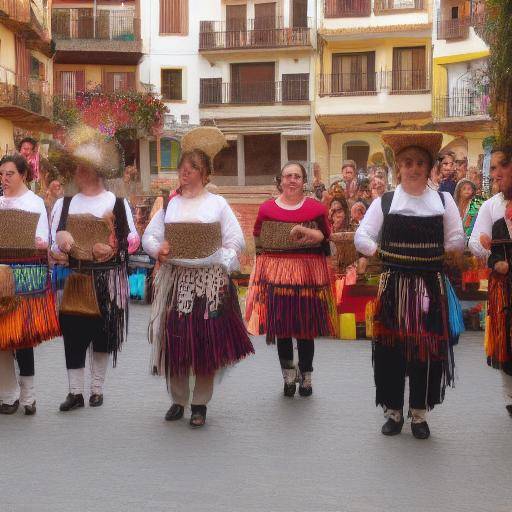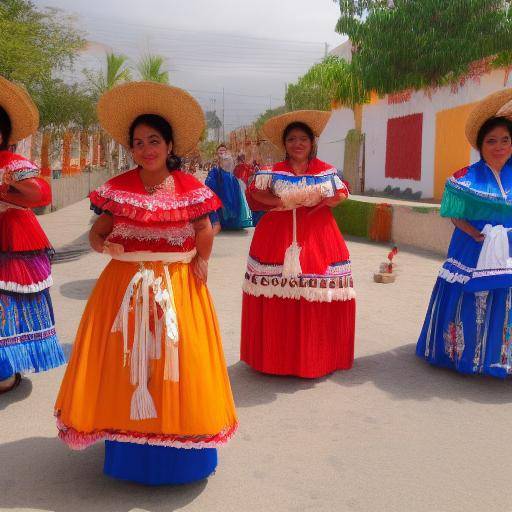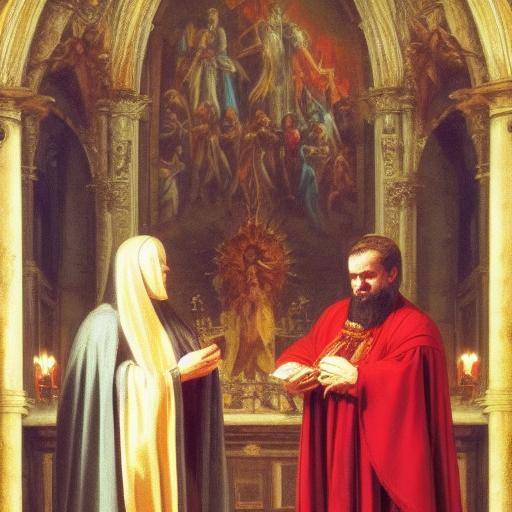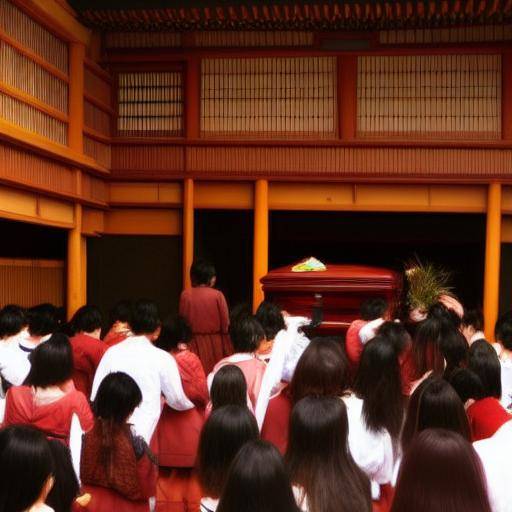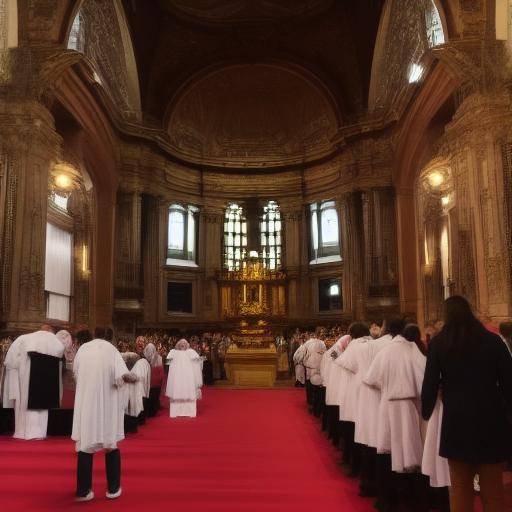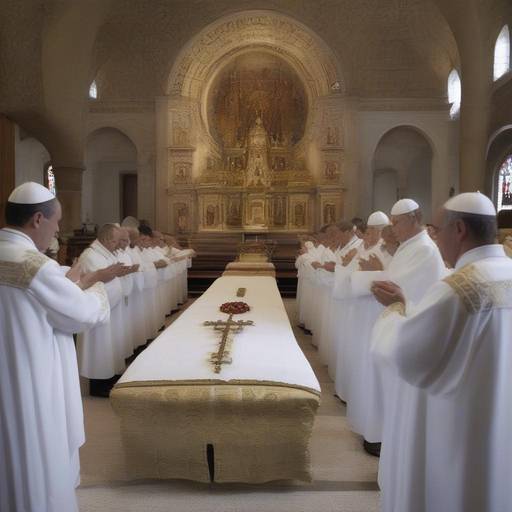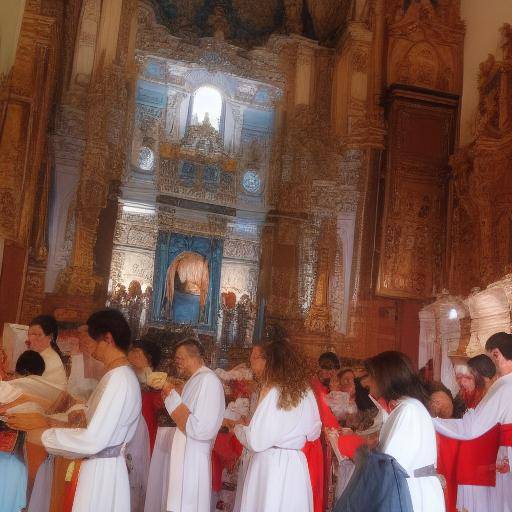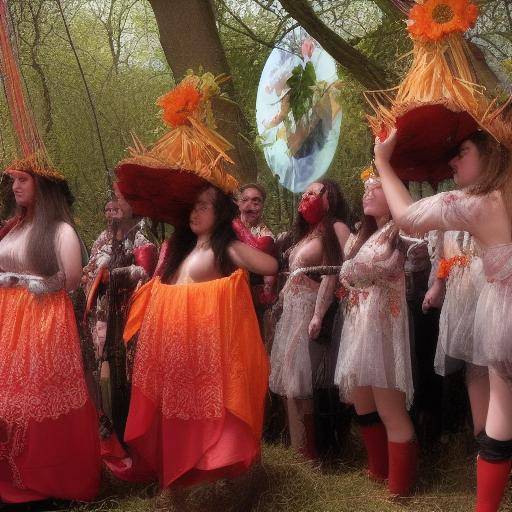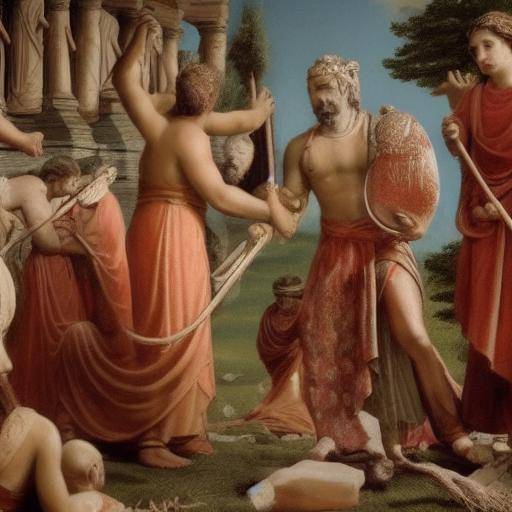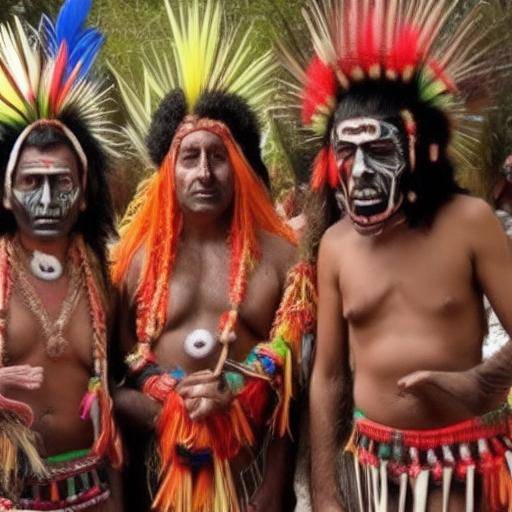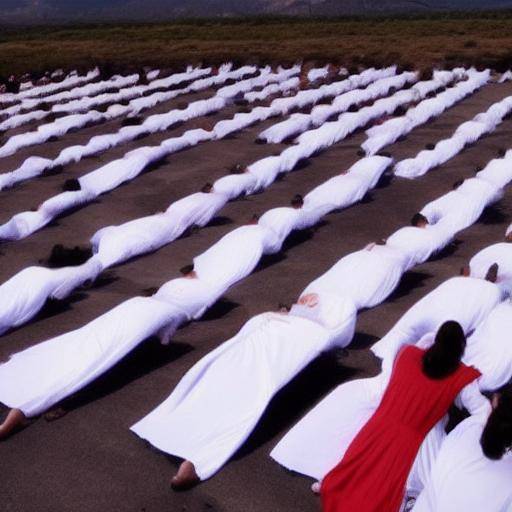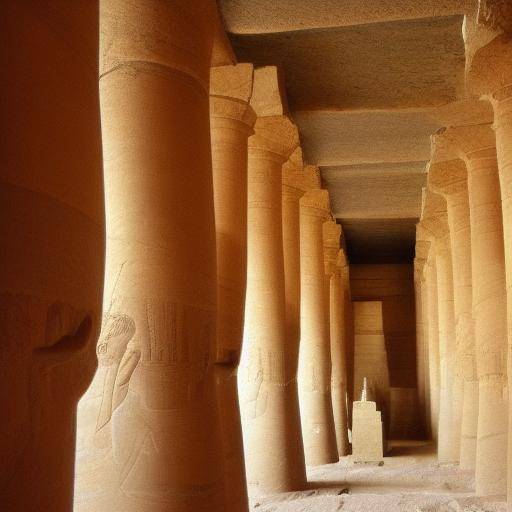
Magic has been an integral part of the history of Ancient Egypt, with rituals and spells that played a significant role in everyday life and the religious practices of this ancient civilization. In this article, we will deeply explore Egyptian magic, spells, and rituals, from their origin and evolution to their practical applications and future trends. We will discover how Egyptian magic has endured over the centuries and remains a source of fascination and mystery today.
Introduction
Ancient Egypt has been recognized as a civilization rich in magical traditions, where spells and rituals were an integral part of daily life. Egyptian magic not only focused on mysticism, but also had daily and religious applications. In this article, we will immerse ourselves in this magical world and learn about its historical aspects, its influences in the life of the ancient Egyptians, its relevance today and much more.
History and Background
Egyptian magic dates back to thousands of years and has evolved over different times, from the predynatic period to the Greek-Roman era. During the reign of Pharaohs, magic was closely related to religion, medicine, protection and other fundamental aspects of life. The priests and sorcerers played a crucial role in performing rituals and spells for the benefit of the individual and the community.
During the New Empire, sophisticated belief systems and magical practices were developed, such as the elaboration of amulets, the composition of spells and invocations, and the realization of rituals to influence the gods and ensure protection, healing and success in various companies.
Detailed Analysis
Egyptian magic was not only a manifestation of spiritual beliefs, but also had practical applications in everyday life. The spells and rituals ranged from disease healing to protection against evil forces. Magical practices were based on belief in the interconnection between the human and the divine world, and the knowledge and application of the magical and ritual elements was considered fundamental.
Egyptian magic was also manifested in magic texts such as the "Book of the Dead", which contained spells and formulas intended to guide and protect the deceased on his journey to the beyond. These texts were of vital importance in funeral rituals and in the conception of life after death.
Comprehensive review
The spells and rituals in Ancient Egypt were diverse and applied in different contexts, from domestic life to the religious and funeral sphere. The elaboration of amulets, the invocation of deities and the realization of special ceremonies were common aspects of Egyptian magic. Although some magical practices could be regarded as "popular" or "folk" others were imbued with a profound religious and ceremonial sense.
The influence of Egyptian magic persists in iconography, symbolism and beliefs related to magic practice in the contemporary world. Academic studies and archaeology have provided a deeper understanding of this facet of Egyptian civilization, which has revitalized the interest in Egyptian magic and its practical applications in modern life.
Comparative analysis
Egyptian magic is distinguished by its exceptional symbolic wealth, its connection with mythology and religion, and its focus on the interaction between the human and the divine world. Although there are parallels with other magical traditions of antiquity, Egyptian magic has its own peculiarities and complexities that distinguish it.
By comparing Egyptian magic with other magical systems, such as Greek magic or Babylonian magic, similarities can be identified in the use of amulets, invocation of deities and the realization of rituals to influence events and circumstances. However, each magical system reflects the particularities of its culture and environment, which is reflected in the differences in symbols, invoked deities and specific ritual practices.
Practical Tips and Accessible Recommendations
While Egyptian magic in its original form may not be practiced at present, its teachings and principles can still be source of inspiration and study for those interested in the history of magic and mystical traditions. Some of the most practical elements of Egyptian magic, such as the creation of protection amulets, the use of sacred symbols and the application of magical principles in everyday life, can serve as a source of inspiration for the development of contemporary practices based on the legacy of Egyptian magic.
Perceptions of Industry and Expert Reviews
The study and understanding of Egyptian magic continue to be an issue of interest to scholars, archaeologists, anthropologists and specialists in comparative religions. Egyptian magic has been the subject of numerous research, debates and publications, which has enriched our understanding of Egyptian civilization and its mysticism.
Experts on Egyptians and studies of ancient religions have provided valuable insights on Egyptian magic, highlighting its importance in ancient society and its cultural legacy. Through their research, they have contributed significantly to the re-evaluation of Egyptian magic as a complex and multifaceted manifestation of the cosmovision and spirituality of the ancient civilization of the Nile.
Case Studies and Applications in Real Life
The legacy of Egyptian magic is reflected in many aspects of contemporary culture, from fictional literature and cinema to fashion and art. Symbolism, iconography and magical practices inspired by ancient Egypt have transcended temporal and cultural borders, leaving their mark on collective imagination and popular imagination.
The study of specific cases related to the influence of Egyptian magic in modern contexts, such as the reinterpretation of Egyptian amulets in contemporary jewelry or the use of Egyptian symbols in the iconography of occultism, provides a fascinating view of how ancient Egyptian magic continues to resonate in today's society.
Future Trends and Predictions
As interest in mystical and esoteric traditions continues to grow in contemporary society, Egyptian magic is likely to remain a relevant subject in academic and public interest circles. The exploration of Egyptian magic from interdisciplinary perspectives, which integrate egyptology, anthropology, the history of art and religious studies, promises to reveal new facets of this ancient magic practice and its meaning in the present world.
Conclusion
In short, Egyptian magic, with its spells and rituals, has left an indelible mark on history and culture, both from ancient Egypt and from the contemporary world. His legacy remains an inexhaustible source of inspiration, research and reflection, revealing the complexities of magical thinking in one of the most influential civilizations of antiquity.
Frequently asked questions
1. What role did magic play in the daily life of Ancient Egypt?
Magic played a significant role in the daily life of Ancient Egypt, as it was used for protection, healing, influencing events and circumstances, as well as in the conception of life after death. Magic spells and rituals were closely intertwined with religion, medicine, protection and other fundamental aspects of life.
2. What were some of the important spells used in Ancient Egypt?
In Ancient Egypt, a wide variety of spells were used for different purposes, such as protection, healing, influence in the environment, and in life after death. Some of the most important spells were in texts such as the "Book of the Dead" and were intended to guide and protect the deceased on his journey to the beyond.
3. How did Egyptian magic influence the religion of the time?
Egyptian magic was closely intertwined with the religion of Ancient Egypt. Magic spells and rituals were aimed at deities and aimed to obtain their favor, protection and help. The interconnection between magic and religion was fundamental in the Egyptian worldview, and both aspects were complemented in everyday life and ritual practices.
4. What is the legacy of Egyptian magic in contemporary culture?
The legacy of Egyptian magic is reflected in various manifestations of contemporary culture, from fictional literature and cinema to fashion and art. Symbolism, iconography and magical practices inspired by ancient Egypt have transcended temporal and cultural borders, leaving their mark on collective imagination and popular imagination.
5. How does Egyptian magic compare to other magical traditions of antiquity?
Egyptian magic has similarities and differences with other magical traditions of antiquity, such as Greek magic or Babylonian magic. Although there are parallels in the use of amulets, the invocation of deities and the realization of rituals, each magical system reflects the particularities of its culture and environment, which is reflected in the differences in symbols, invoking deities and specific ritual practices.
6. What are the current implications of Egyptian magic in interdisciplinary study?
Egyptian magic remains a relevant subject in academic and public interest circles, and its exploration from interdisciplinary perspectives, integrating egyptology, anthropology, the history of art and religious studies, promises to reveal new facets of this ancient magic practice and its meaning in the present world.
In conclusion, Egyptian magic with its spells and rituals represents a surprisingly fascinating part of the history of Ancient Egypt. His legacy remains an inexhaustible source of research, inspiration and reflection, revealing the complexities of magical thinking in one of the most influential civilizations of antiquity. At present, their influence and legacy endure, keeping alive the fascination with mystical arts and esotericism.






